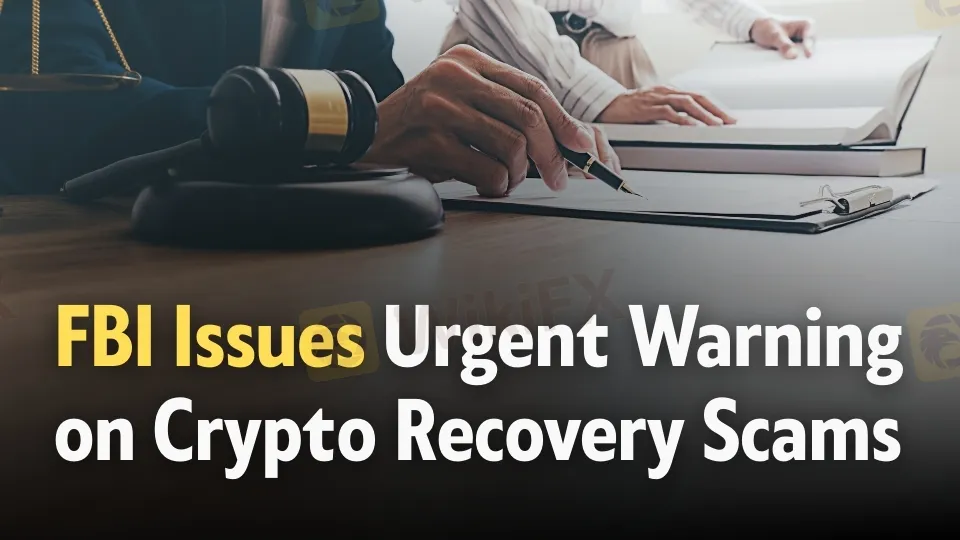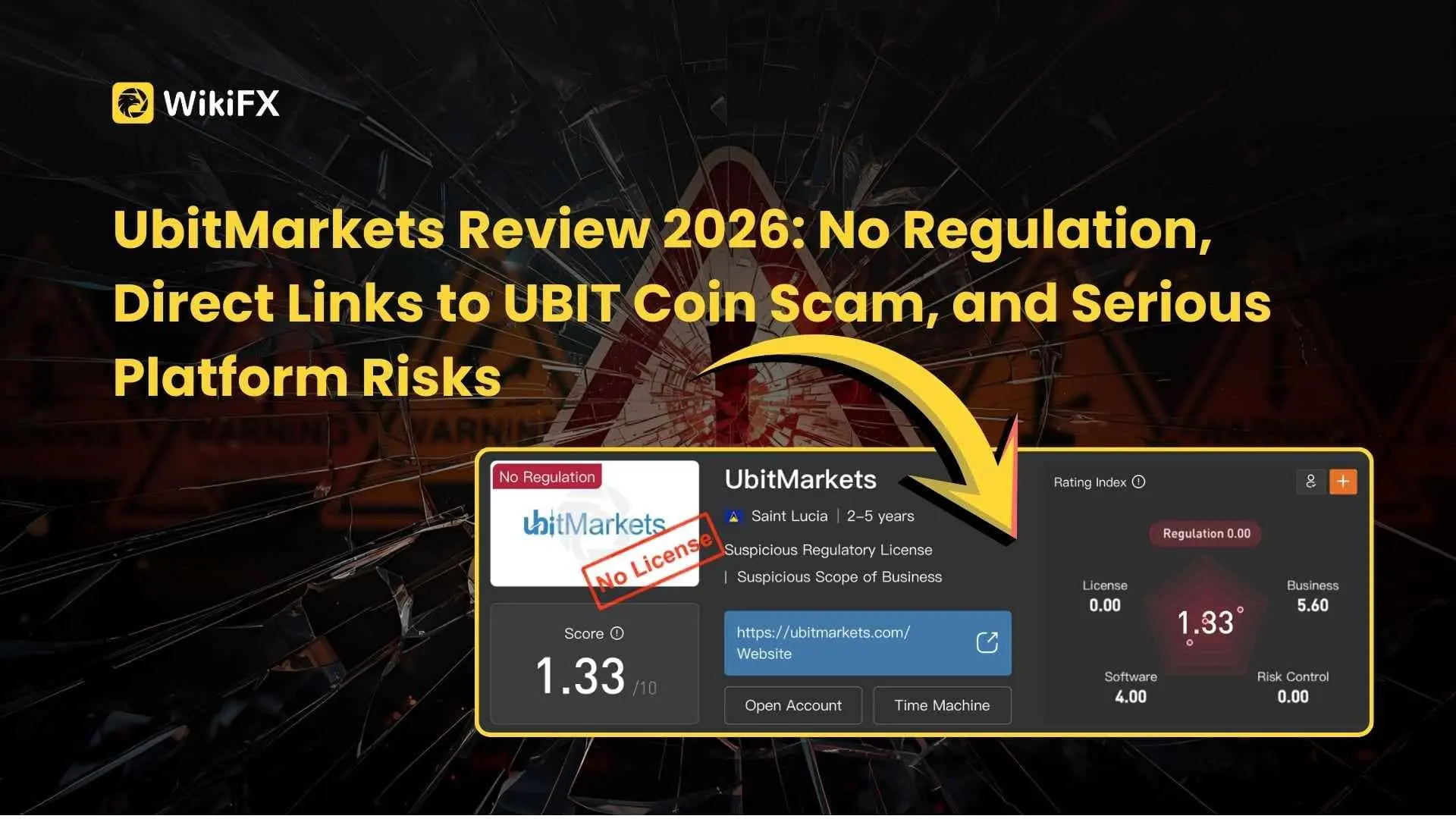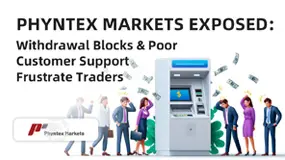UbitMarkets Review 2026: No Regulation, Direct Links to UBIT Coin Scam, and Serious Platform Risks
UbitMarkets review reveals no valid license and direct links to a fraudulent project, raising serious concerns over investor fund safety.
简体中文
繁體中文
English
Pусский
日本語
ภาษาไทย
Tiếng Việt
Bahasa Indonesia
Español
हिन्दी
Filippiiniläinen
Français
Deutsch
Português
Türkçe
한국어
العربية
Abstract:FBI warns crypto scam victims about fake law firms claiming to recover assets. Stay cautious to avoid further losses and protect your personal data from fraud.

The U.S. Federal Bureau of Investigation (FBI) has sounded a fresh alarm to the crypto community, urging recent victims of cryptocurrency scams to remain vigilant against fraudulent “law firms” touting digital asset recovery services. The FBIs latest alert, released on Wednesday, warns that these bogus legal entities often prey on individuals who have already suffered losses, potentially exposing them to further financial harm or the theft of sensitive personal information.
Building on prior warnings from August 2023 and June 2024, the FBI emphasizes that many recovery scammers approach victims unsolicited, especially those who havent officially reported their cases to law enforcement. The agency advises extreme caution regarding law firms that request payment in cryptocurrency or prepaid gift cards, highlighting these as major red flags for fraud.
“Be cautious of law firms contacting you unexpectedly,” stated the FBI in its advisory.
This renewed caution comes amid alarming statistics from blockchain security experts. CertiK estimates that over $2.5 billion was lost to crypto hacks, exploits, and scams in the first half of 2025 alone. While exchanges attempt asset recovery, most victims are left searching for reliable remedies—which makes them prime targets for digital asset recovery scams.

The FBI, which leads most U.S. investigations into cryptocurrency fraud and asset seizures, has reiterated that seized digital assets first go towards compensating victims before entering the governments Bitcoin reserves. In April 2025, the Dallas FBI office confiscated $2.4 million in Bitcoin allegedly linked to organized hacking efforts, marking another success in combating blockchain crime.
Criminal schemes are increasingly sophisticated. SatoshiLabs founder Alena Vranova notes that some crypto holders have even faced kidnappings aimed at extorting their digital assets—underscoring the varied dangers faced by the community globally.
The Financial Crimes Enforcement Network (FinCEN) has also raised concerns about the proliferation of crypto ATMs—or convertible virtual currency (CVC) kiosks—which have jumped from 4,250 units in early 2020 to over 30,600 across the U.S. by August 2025. Many operators fail to register as legal money services businesses, violating the Bank Secrecy Act and providing new opportunity for scams.
Last year, nearly 11,000 complaints involving crypto ATM fraud were logged, totaling almost $247 million in reported losses. Treasury officials highlight suspicious patterns such as customers making multiple payments just below regulatory thresholds, large transfers from new users, and frequent use of different kiosks.
Individuals seeking to recover lost crypto assets should:
By staying alert to the signs of digital asset recovery scams, victims can safeguard themselves against further losses and help combat the growing threat to blockchain security.

Disclaimer:
The views in this article only represent the author's personal views, and do not constitute investment advice on this platform. This platform does not guarantee the accuracy, completeness and timeliness of the information in the article, and will not be liable for any loss caused by the use of or reliance on the information in the article.

UbitMarkets review reveals no valid license and direct links to a fraudulent project, raising serious concerns over investor fund safety.

A rare inside look at a scam compound in Myanmar reveals how a global, industrial-scale fraud network operates—using trafficked labour, fake identities, deepfakes and staged romance to systematically drain victims’ savings worldwide.

Is withdrawal issue perennial for Phyntex Markets traders like you? Does the Comoros-based forex broker give you numerous excuses to deny you withdrawals? Faced account blocks when raising Phyntex Markets withdrawal queries? Feel that the broker’s customer support service does not exist for you? Many traders have openly expressed frustration on how the broker goes about its business on review platforms. In this Phyntex Markets review article, we have shared multiple complaints against the broker. Keep reading to know the same.

Have you made multiple unsuccessful attempts to withdraw funds from your Tifia forex trading account? Registered successful trades but could not withdraw because of inadequate customer support service? Have you been facing capital losses due to severe slippage on the Tifia login? These issues have become increasingly common for traders here. Many of them have made such allegations on broker review platforms. In this Tifia review article, we have explored some scam allegations. Take a look!
